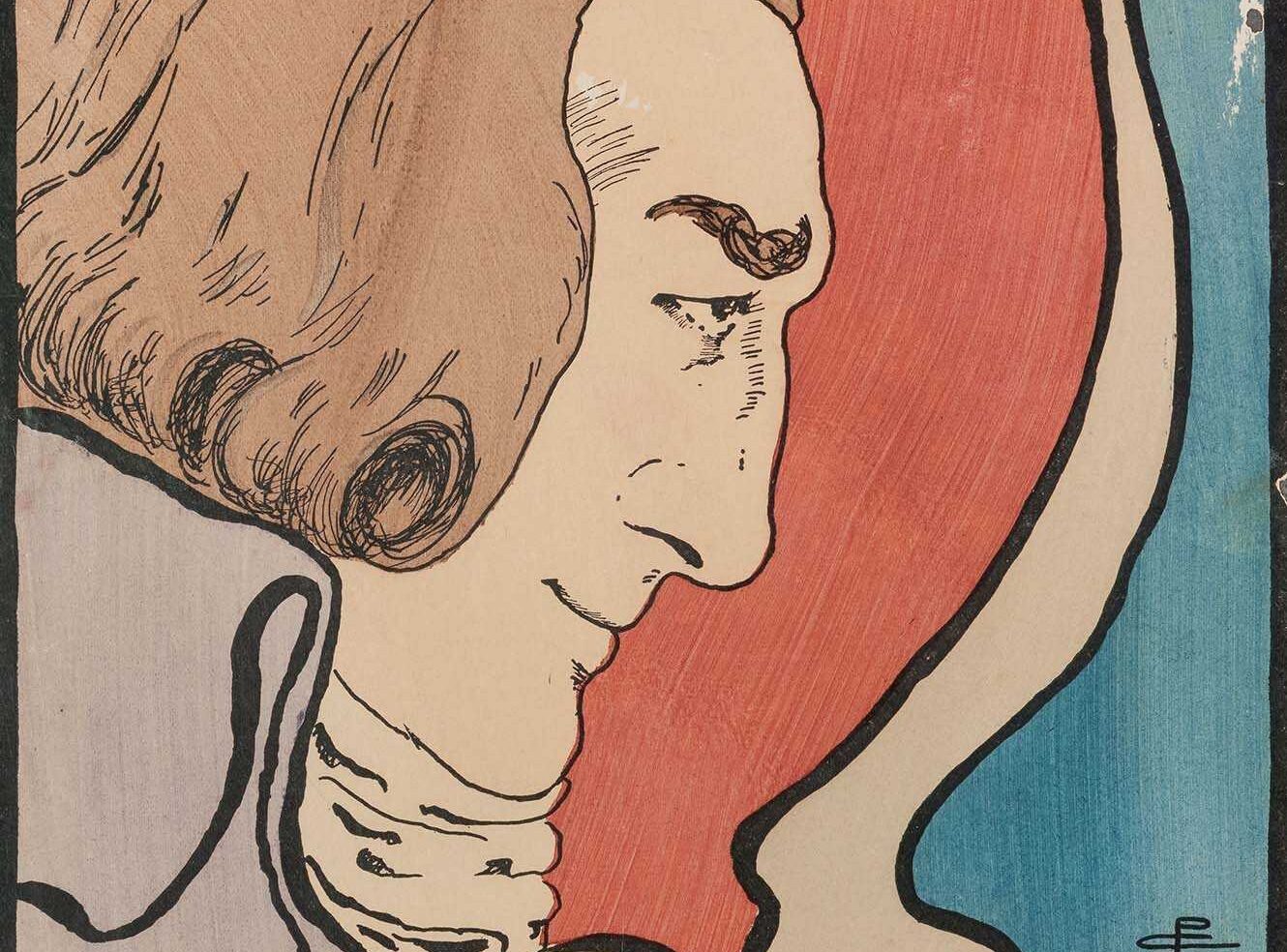We Think It's All Over
Summer 2014 may have already given us some glorious sunshine, but spirits have definitely been dampened by dismal sporting performances. We’ve all experienced the uplifting effect that a successful campaign can have on the nation and, more relevantly in recent weeks, the opposite. The stunned silence of disbelief, and the deflated feeling that comes with seeing the sports themed goods in the supermarket relegated to the discount shelf are all too regular occurrences, which, somehow, still take us by surprise.
Whatever your sport, archives like those for the Mass Observation project reveal that these intense emotions are an experience shared with previous generations. In July 1966 one diarist was convinced that the English cricket team could beat the West Indies if only they had more Yorkshire-men on the team. I’m sure the current team would frustrate her equally today. However, for this diarist at least there was a glimmer of light at the end of the sporting tunnel…. the football seemed to be going quite well.

Image source http://america.aljazeera.com/articles/2014/6/13/england-soccer-identity.html
What exactly did it feel like when England won the world cup?
Whilst reading through the diaries that make up the final installation of Mass Observation I got to find out. For this housewife the answer was …. ‘Relief that England won!’ She goes on to say ‘Even if we are in a financial mess and we can’t play cricket, at least we can play football!’
In 1966 one World Cup triumph was enough to lift the mood of a nation. In 2014 our hopes, perhaps ironically, now turn to the Tour de France. As it passes through the diarist’s small Yorkshire town it would be nice to think our riders could give us something to celebrate at last.
Just when you think it’s all over…
The final part of Mass Observation Online is due to be published in November 2014.
Recent posts

Foreign Office, Consulate and Legation Files, China: 1830-1939 contains a huge variety of material touching on life in China through the eyes of the British representatives stationed there. Nick Jackson, Senior Editor at AM, looks at an example from this wealth of content, one diplomat’s exploration of Chinese family relationships and how this narrative presented them to a British audience.

The Nineteenth Century Stage is a rich resource exploring the theatrical celebrities, artistry, and changing social roles of the era. It highlights Pamela Colman Smith, known for her Rider-Waite tarot illustrations and theatre work, whose influence shaped Victorian theatre. Despite being overlooked, her life and impact are vividly captured through striking art and intimate collections within this valuable resource.
